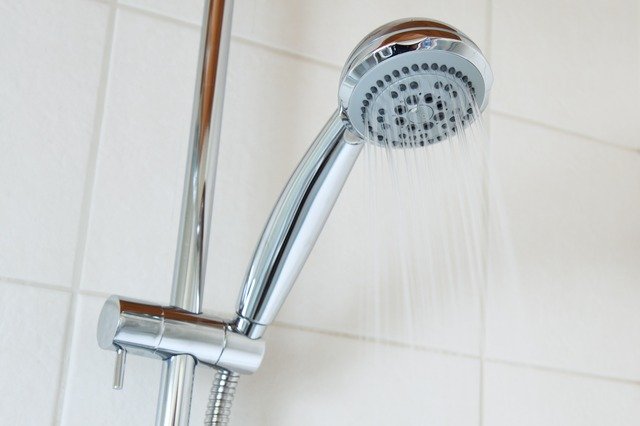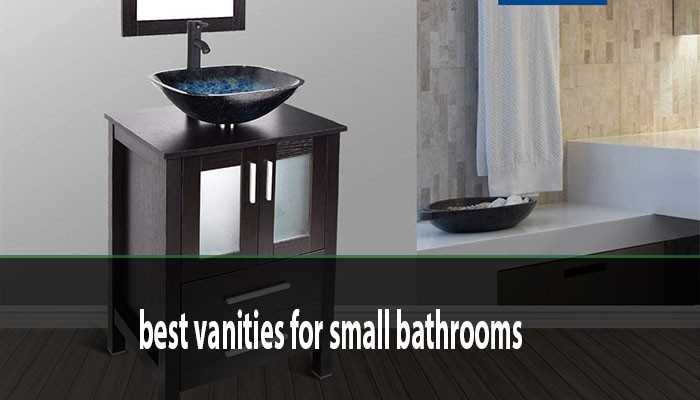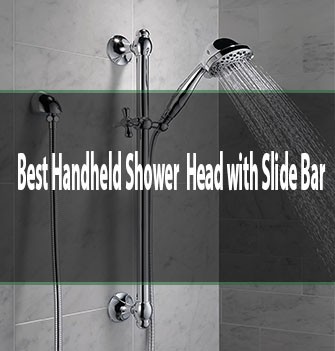Essential oils have taken the wellness world by storm, and for good reason. They offer a natural way to enhance physical, emotional, and mental well-being. In this comprehensive guide, I’ll share my insights and experiences on how to use essential oils effectively, ensuring that you can maximize their benefits in your daily life. Whether you’re a beginner or an experienced user, this guide will provide you with practical tips, expert advice, and the latest research on essential oils for 2025.
Essential oils are concentrated extracts from plants that capture their scent and flavor. They are used in various applications, including aromatherapy, skincare, and even household cleaning. With so many options and uses, it’s easy to feel overwhelmed. But fear not! I’ll break it down into manageable sections, helping you understand the what, why, and how of essential oils.
Table of Contents
What Are Essential Oils?
Essential oils are highly concentrated plant extracts that contain the natural fragrance and properties of the plant. They are obtained through processes like steam distillation or cold pressing. Each essential oil has its unique chemical composition, which contributes to its distinct aroma and therapeutic benefits.
Common Types of Essential Oils
- Lavender: Known for its calming properties, lavender oil is often used to reduce anxiety and improve sleep quality.
- Peppermint: This invigorating oil is great for boosting energy and alleviating headaches.
- Tea Tree: Renowned for its antibacterial properties, tea tree oil is commonly used in skincare for acne treatment.
- Eucalyptus: Often used to relieve respiratory issues, eucalyptus oil has a refreshing scent.
- Lemon: With its uplifting aroma, lemon oil is often used in cleaning products and to enhance mood.
Understanding the different types of essential oils and their benefits is crucial for effective use.
Why Use Essential Oils?
The use of essential oils is rooted in ancient practices, but modern research continues to support their benefits. Here’s why you might consider incorporating essential oils into your life:
1. Natural Remedies
Essential oils provide a natural alternative to pharmaceuticals for various ailments. For instance, a study published in the Journal of Alternative and Complementary Medicine found that lavender essential oil can significantly reduce anxiety levels.
2. Aromatherapy Benefits
Aromatherapy, the practice of using essential oils for therapeutic benefits, can enhance mood, reduce stress, and promote relaxation. According to a 2021 study, inhaling essential oils can affect brain activity and positively influence emotions.
3. Versatile Uses
From skincare to household cleaning, essential oils can be used in multiple ways. They can be added to diffusers, mixed with carrier oils for topical application, or even incorporated into DIY cleaning products.
4. Eco-Friendly
Using essential oils can reduce your reliance on synthetic chemicals, making them a more environmentally friendly option for your home and personal care.
How to Use Essential Oils: A Step-by-Step Guide
Now that you understand what essential oils are and why they are beneficial, let’s explore how to use them effectively.
1. Aromatherapy Diffusion
What You Need: An essential oil diffuser and your favorite essential oils.
Steps:
- Fill the diffuser with water according to the manufacturer's instructions.
- Add a few drops of your chosen essential oil.
- Turn on the diffuser and enjoy the aromatic benefits.
Tip: Use calming oils like lavender in the evening to promote relaxation and sleep.
2. Topical Application
What You Need: Essential oil, carrier oil (like coconut or jojoba oil), and a small glass container.
Steps:
- Mix 1-2 drops of essential oil with a tablespoon of carrier oil.
- Apply to the desired area (e.g., temples for headaches, pulse points for relaxation).
Caution: Always do a patch test first to check for allergic reactions.
3. Bath Soaks
What You Need: Essential oil, Epsom salt or bath oil.
Steps:
- Add 5-10 drops of essential oil to a cup of Epsom salt.
- Mix well and add to your warm bath.
- Soak for at least 20 minutes to enjoy the benefits.
Tip: Try using eucalyptus oil for a refreshing and invigorating bath experience.
4. DIY Cleaning Products
What You Need: Essential oils, vinegar, water, and a spray bottle.
Steps:
- Combine 1 cup of vinegar, 1 cup of water, and 10-15 drops of essential oil (like lemon or tea tree) in a spray bottle.
- Shake well and use as a natural cleaner.
Benefit: This method is eco-friendly and reduces exposure to harmful chemicals.
Common Misconceptions About Essential Oils
Despite their popularity, there are several misconceptions about essential oils that can lead to misuse. Let’s address a few of these.
1. Essential Oils Are Safe for Everyone
While many people can safely use essential oils, some individuals may experience allergic reactions or sensitivities. Pregnant women, young children, and those with certain medical conditions should consult a healthcare provider before using essential oils.
2. More is Better
It’s a common belief that using more essential oil will yield better results. However, essential oils are potent, and using them in excess can lead to skin irritation or other adverse effects. Always follow recommended dilution guidelines.
3. All Essential Oils Are Created Equal
Not all essential oils are of the same quality. Look for oils that are labeled as 100% pure and are free from synthetic additives. Research the brand and check for third-party testing to ensure quality.
Frequently Asked Questions
1. Can I ingest essential oils?
Ingesting essential oils is a controversial topic. Some oils can be safe for ingestion in small amounts, but it’s crucial to consult a healthcare professional before doing so.
2. How should I store essential oils?
Store essential oils in a cool, dark place, away from direct sunlight and heat. Use dark glass bottles to protect the oils from light degradation.
3. Can essential oils help with anxiety?
Yes, certain essential oils like lavender, chamomile, and bergamot have been shown to reduce anxiety symptoms. A 2020 study found that inhaling lavender oil significantly lowered anxiety levels in participants.
4. Are there any side effects of using essential oils?
While essential oils are generally safe when used correctly, they can cause skin irritation or allergic reactions in some individuals. Always perform a patch test before applying oils topically.
5. How can I tell if an essential oil is pure?
Look for oils that are labeled as 100% pure, and check for third-party testing or certifications. Avoid oils with synthetic additives or those that do not provide detailed information about their sourcing.
Conclusion
Using essential oils can be an enriching experience that enhances your overall well-being. From promoting relaxation to serving as natural cleaning agents, the versatility of essential oils is truly remarkable. As you explore the world of essential oils, remember to do so with care and knowledge.
Take the time to experiment with different oils and methods to find what works best for you. I encourage you to implement the tips and techniques shared in this guide and make essential oils a part of your daily routine.
For more information and resources, consider subscribing to my blog or exploring additional content on essential oil uses and benefits.
By integrating essential oils into your life, you’re not just enhancing your environment; you’re embracing a natural approach to health and wellness. Start today, and enjoy the journey!






